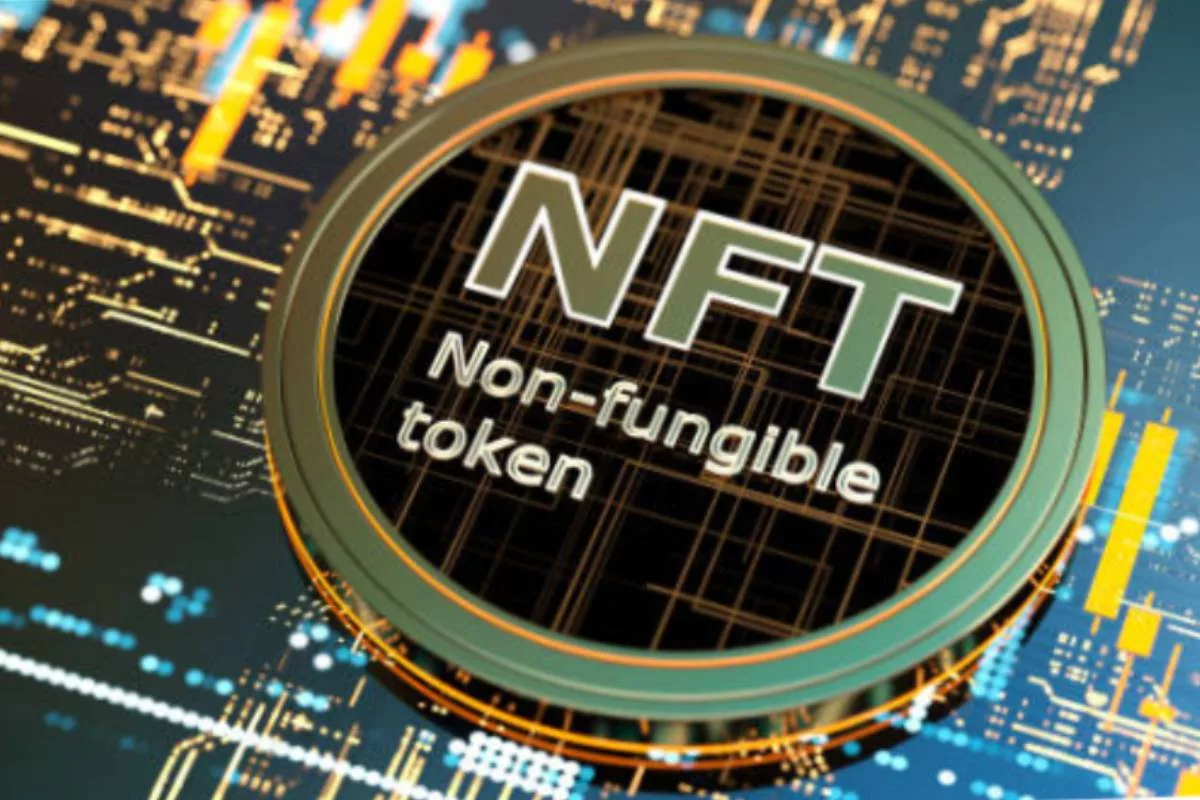Do you have any NFT projects planned? Do you need clarification on what you need to know before starting? This post will teach you what to consider before beginning an NFT project.
What Are the Benefits of an NFT Project?
If you start and maintain a successful NFT project, you can assemble a sizable community to assist with many additional Web3-related endeavors.
1. Consider Your Why First
- Real-world mature markets make it simple to copy a profitable business.
- Adopt the model and make a few minor adjustments to make it your own.
- Web3 is a pretty recent technology.
- You must be really certain in your own mind of why you want to begin an NFT project because the narrative is continuously shifting.
- Do you want to become wealthy? making art? Create a lively neighbourhood?
- Your final aim makes it simple to pull an audience to you and determines your following moves.
2. Determine Your Capital Expenditure
- A number of videos demonstrate how simple and quick it is to start an NFT project.
- The truth is that every successful NFT-based firm involves significant time, skill, and financial inputs.
- The cost of developing a single smart contract might range from $50,000 to $200,000.
- Regardless of who you are and what your abilities are, you’ll need a team to make everything happen.
- You need personnel to set up social media accounts and Discord servers as well as designers, engineers, and smart contract auditors.
- Therefore, you will require capital, which frequently entails investors.
- Don’t hide behind anonymity as you start talking to people about investing in what you’re attempting to establish.
- Self-doxxing is a fantastic method to start developing trust.
- Next, be open and truthful about each component of your project.
- Know who will audit your smart contracts, have your white paper and roadmap prepared, etc.
- Serious, sophisticated investors will have serious, business-related questions
3. Think Clearly About the Utility of Your NFT
- Utility is a term that should not be misunderstood as it is essential to the success of your project.
- What will your NFTs be able to achieve or offer someone on a daily basis in terms of technology?
- For instance, a ToastPunk NFT holder can use one tool to link each NFT they own to a Binance or other cryptocurrency wallet.
- Then collect up to 2% every day depending on the characteristics of their NFTs.
- Other forms of utility are being tied to larger, more mainstream enterprises.
- The cost of developing the technology and smart contracts needed to provide utility can be high.
- Be realistic about what you’re capable of and what your capital will support before announcing a grand strategy for usefulness.
4. Examine Your Smart Contract
- In essence, a smart contract is a piece of software that communicates with a blockchain.
- Your smart contract contains all of the information about how your project operates.
- It includes whether data is stored on-chain or on Interplanetary File System (IPFS), how your minting process operates.
- Your primary core forms, rules and agreements, and your execution architecture.
- You can create software or database rules in Web2 and then update them whenever you like.
- However, with Web3, smart contracts are immutable.
- Once they are stored on the blockchain, they cannot be altered.
- The smart contract must be properly written.
- Every transaction on the blockchain has a gas fee, similar to how you pay hosting fees for your website.
- The distinction is that only one factor—your load—determines your website hosting costs.
- However, two factors, including your load and the regulations in your smart contract, affect gas prices.
Don’t incorporate a complex utility into your smart contract without testing it beforehand. - You can discover that the gas costs are so high that your holders’ capacity to use it is negatively harmed.
- Do open-source smart contracts allow for copying? Possibly, assuming your project is straightforward.
- However, you won’t be offering anything special in the NFT market that will really matter.
- The creation of a distinct smart contract from scratch

